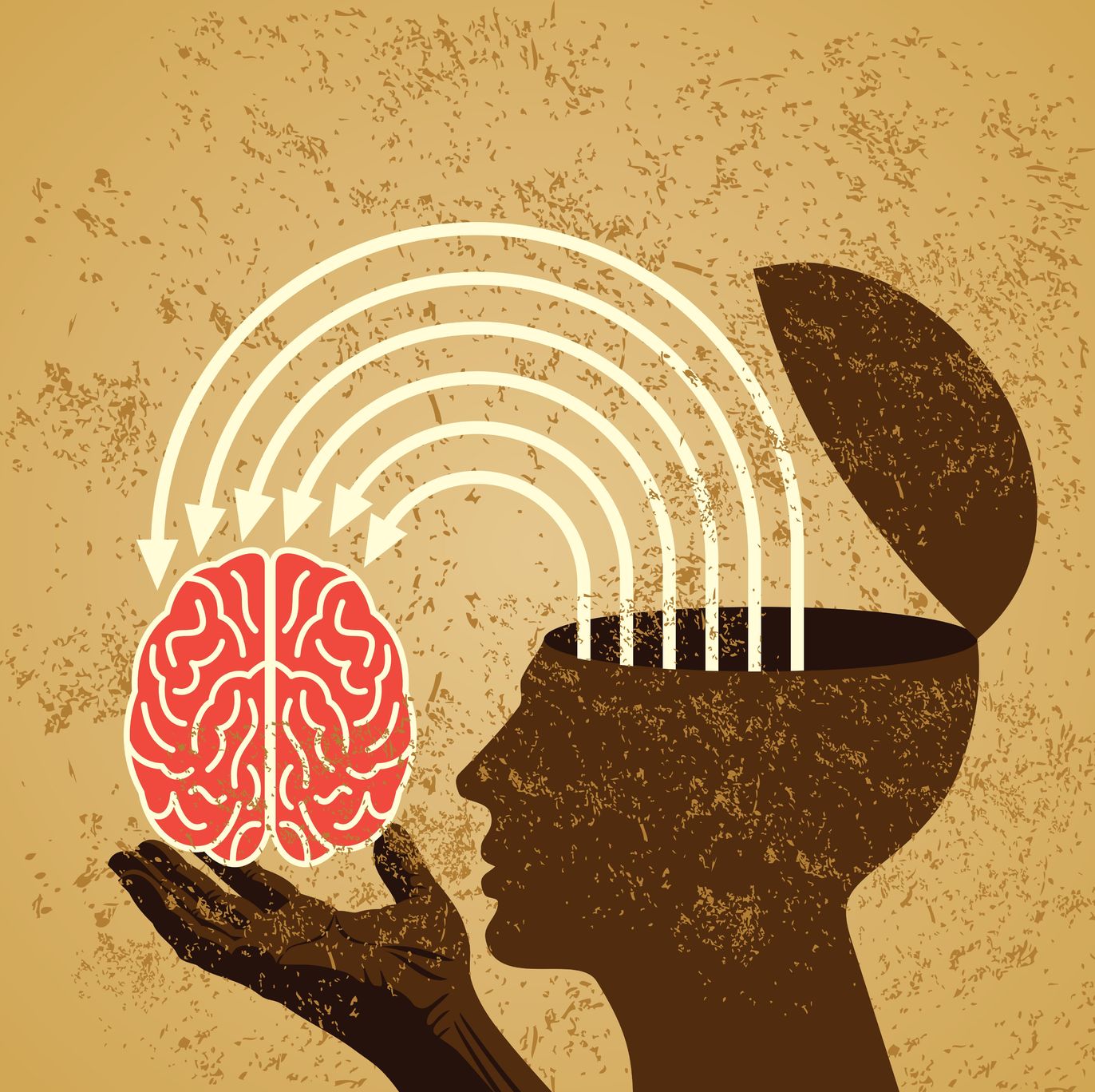I started my studies in mid 2007. Back then, I was optimistic, well motivated, perfectly organised in my life and research schedule. I got married in mid 2008. All was well, and I was a happy young woman, looking forward to the future.
A few months after my marriage, my husband left to work abroad. I was on my own, seeing my husband only once a month. This situation lasted for 2 years! I missed him so much! I started feeling depressed, but research was my priority: I used to work very hard, spending ridiculously long hours on my thesis.
 Things got far worse in 2011. After submitting my thesis, I received ‘revise and resubmit’ when I had my viva. I was devastated. Could I make it? Would I ever complete this PhD? I had not realised how bad things were until I started suffering from frequent migraines and severe insomnia in 2012. I could not sleep properly, no matter what. At the same time, I developed severe obsessive compulsive disorders. Yes, the obsessive numbering kind of thing … Eventually, I was briefly hospitalised after a panic attack. Soon after I started hearing voices inside my head.
Things got far worse in 2011. After submitting my thesis, I received ‘revise and resubmit’ when I had my viva. I was devastated. Could I make it? Would I ever complete this PhD? I had not realised how bad things were until I started suffering from frequent migraines and severe insomnia in 2012. I could not sleep properly, no matter what. At the same time, I developed severe obsessive compulsive disorders. Yes, the obsessive numbering kind of thing … Eventually, I was briefly hospitalised after a panic attack. Soon after I started hearing voices inside my head.
I talked to my doctor. It was very difficult doing so. I was scared, embarrassed, I felt vulnerable. I also felt that I had gone ‘bananas’ and I was ashamed of my situation. My PhD resubmission stayed on hold. I talked to my supervisor and received extensions. I started taking medicines in early 2013. The doctor made it explicit that I need counselling as well as taking medicines.
 Unfortunately, mental health problems still remain a taboo in academia. I did not want to associate my ‘academic persona’ with schizophrenia. Who would ever hire me? Who would ever offer me funding or a post-doc? I would be ‘stigmatized’ for ever. I wasn’t even sure if I did the right thing when I told my department about my condition, but in the end my doctor convinced me that I need help, and even personally wrote to my department twice! I was lucky to have received help from people who were very supportive and did their job properly.
Unfortunately, mental health problems still remain a taboo in academia. I did not want to associate my ‘academic persona’ with schizophrenia. Who would ever hire me? Who would ever offer me funding or a post-doc? I would be ‘stigmatized’ for ever. I wasn’t even sure if I did the right thing when I told my department about my condition, but in the end my doctor convinced me that I need help, and even personally wrote to my department twice! I was lucky to have received help from people who were very supportive and did their job properly.
And then a little miracle happened. I started seeing one of the counsellors of my university. I used to see her once a month – she helped me stand on my feet, control my anxiety and insomnia and motivate myself to resubmit. I still take my medication, I am not 100% mentally well, but at least I resubmitted my thesis and eventually passed the second viva with minor corrections!
I now feel better. I have also landed my first academic job and I am about to publish my PhD thesis as a book. I hope that my story inspires students and academics to keep going, even if they face mental health problems.
Short but sweet. Glad your Faculty was on board because it appears this is often not the case. In theory, the university should be a place that supports mental health and mental illness. In my experience, the long, protracted nature of mental health recovery and the daily management it requires tends wear thin on Supervisors and Peers. Its so exhausting trying to support your own mental health and educate others about your condition, how it impacts your work and life
Thanks for sharing this post, it’s incredibly brave and honest! Ditto the comment above, it’s very comforting to know when others have been or are struggling with similar problems and have managed to succeed regardless. Do keep up the blogging, your site is marvellous!
Thanks for the raw honesty in this post. Although I haven’t experienced what you describe here, it is important to discuss the mental health issues that often arise en route to completing a doctorate. I am discovering that feelings of inadequacy and desperation are not all that uncommon, yet we rarely or never talk about this. The doctoral student often feels alone and as if they’re the only one having this experience. The more I read and engage with other doctoral students around these issues, the less isolated I feel. So glad that your story turned out well.